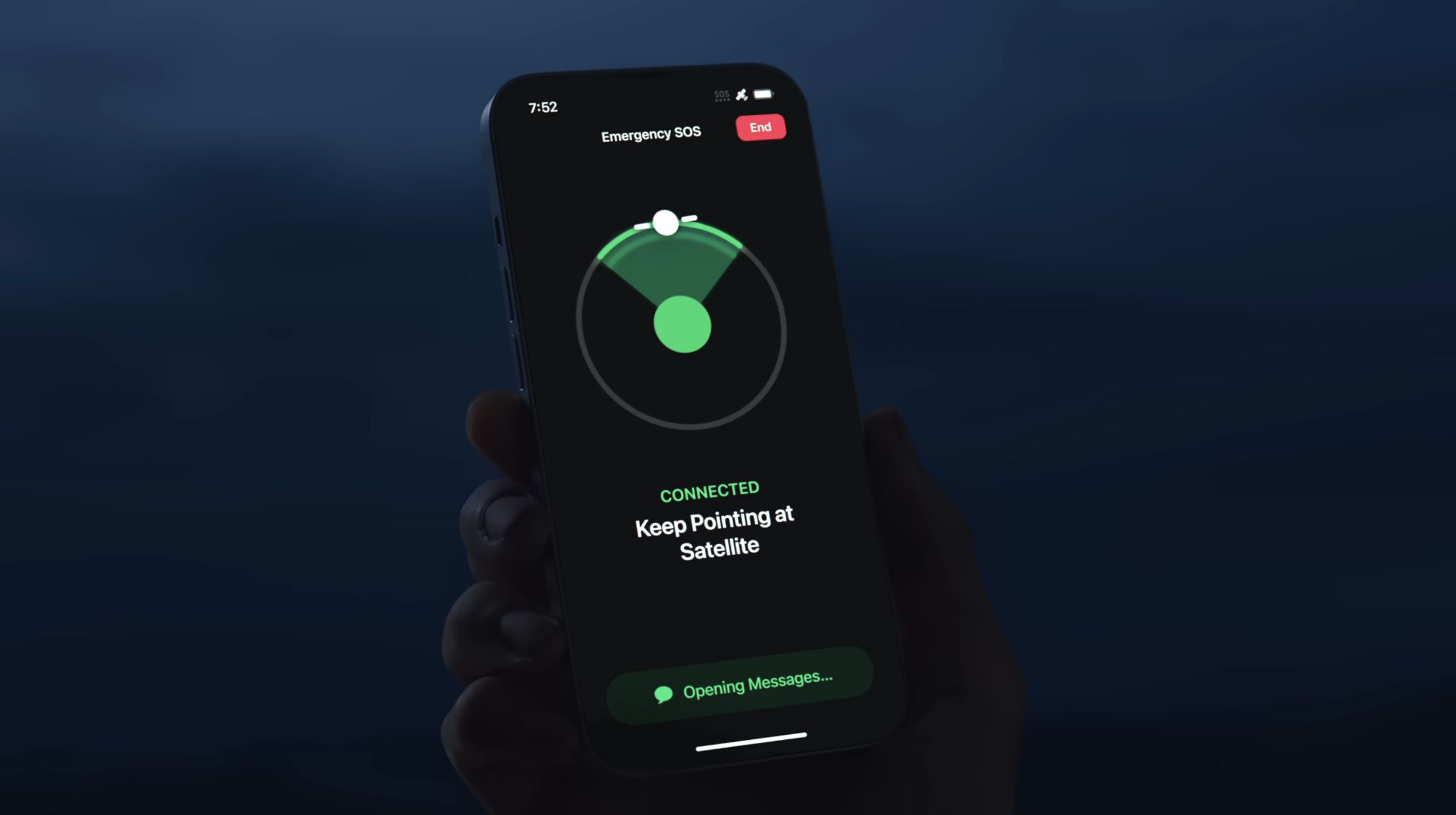In early 2025, the United Kingdom’s government issued a directive under the Investigatory Powers Act (IPA), compelling Apple to create a backdoor into its encrypted iCloud storage system. This mandate aimed to grant law enforcement agencies access to user data, ostensibly to bolster national security efforts. However, the directive sparked significant controversy, raising concerns about user privacy and the potential for misuse by malicious actors.
Apple’s Response and Legal Challenge
Apple, a staunch advocate for user privacy and data security, responded by disabling its Advanced Data Protection (ADP) feature for UK users. This feature provided end-to-end encryption for iCloud data, ensuring that only users could access their information. By removing ADP, Apple sought to avoid compromising its global security standards while complying with UK regulations. Nevertheless, the company filed a legal complaint with the UK’s Investigatory Powers Tribunal (IPT), challenging the government’s mandate and advocating for the protection of user data.
The Investigatory Powers Tribunal’s Ruling
The IPT, which oversees cases related to surveillance and privacy, recently ruled that the hearing concerning Apple’s challenge must be made public. This decision came after the UK government argued that disclosing details of the case could jeopardize national security. The tribunal rejected this claim, emphasizing the importance of transparency and public interest in matters affecting civil liberties and privacy rights.
Implications for User Privacy and Global Security
The tribunal’s ruling underscores the delicate balance between national security and individual privacy. By mandating a public hearing, the IPT acknowledges the broader implications of the case, not only for UK citizens but also for Apple’s global user base. The outcome of this legal battle could set a precedent for how governments worldwide interact with technology companies regarding encrypted data access.
Broader Reactions and International Concerns
The UK’s directive has drawn criticism from various quarters. Privacy advocates argue that creating backdoors in encrypted systems undermines overall security, making data vulnerable to cyberattacks. Internationally, figures like former U.S. President Donald Trump have likened the UK’s demands to surveillance practices employed by authoritarian regimes, expressing concerns over potential infringements on civil liberties.
Looking Ahead
As the case progresses, stakeholders from various sectors will closely monitor developments. The public hearing, once scheduled, will provide a platform for open discourse on the intersection of technology, privacy, and national security. The outcome may influence future policies and the extent to which governments can mandate access to encrypted user data.



